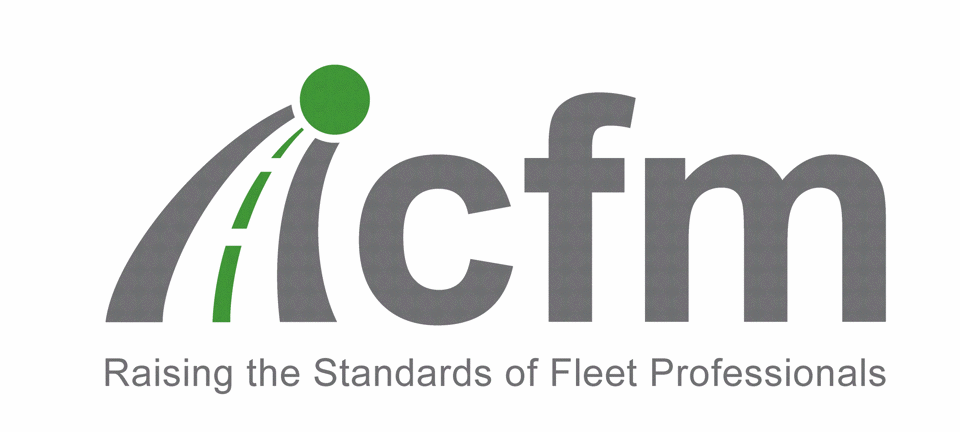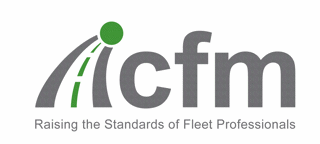Businesses must create a cultural environment in which employees are empowered to make the decision not to drive if they don’t feel safe, ICFM’s second Masterclass heard.
Delegates were told there must be board-level buy-in to deliver an at-work driving safety culture across employers, but too often corporate attitudes and business operations failed to take into account occupational road risk management.
Kathy Halliday, a partner at Veale Wasbrough Vizards, told fleet decision-makers that company directors were foolish not to carefully manage employees making business-related journeys because they could be personally liable and disqualified from holding a board position in the event of legal action against them as individuals, as well as against the organisation.
“Managing occupational road risk is a key management responsibility and it should be elevated to board level,” Haliday said.
Andy Phillips, director, risk management, at Hampshire-based Applied Driving Techniques, told the Masterclass some level of responsibility must be with drivers.
“They must be educated on issues, for example in relation to the dangers associated with the use of mobile phones while driving. Employees should be given clear guidance and they can then make decisions based on that advice. That will create a safety environment that will drive continuous improvement.”
Too frequently, he said, no single person in an organisation “championed road safety” and often businesses operated in an environment that encouraged unsafe driving.
Around a third of road traffic collisions involve a person driving on work-related trips resulting in 20 deaths and 250 serious injuries a week. Furthermore, the government-backed Driving for Better Business campaign, has calculated that based on a 10% return on sales, businesses would have to sell £60,000 worth of goods to cover the cost of a £3,000 crash.
Employers must make smooth driving ‘cool’
Managing driver behaviour and the way vehicles were driven was critical to companies facing the multiple challenges of reducing road risk, improving fuel economy and cutting emissions, according to Tony Harbron, marketing director at in-vehicle driver behaviour technology provider Ashwoods Lightfoot.
He said: “That will immediately improve fuel consumption, reduce emissions and change the risk profile of drivers.”
Good tyre management can have a big impact on road safety.
Fleet decision-makers choosing the right tyre was critical to improving road safety, Peter Wood, key account manager at premium tyre manufacturer Michelin told Masterclass delegates.
Producing a raft of data to highlight the safety performance between different premium brand tyres, he revealed how tests had shown that the stopping distance of a vehicle could increase by up to four metres in wet braking conditions.
“90% of the time, 10% of a tyre’s capability is used, but it is the 10% of the time when the tyre becomes very important that is critical,” said Wood.
The ICFM view: Employers do not recognise vehicles as part of the workplace
Too few employers recognise cars, whether company provided or employees’ own vehicles driven on business, and vans as an extension of the workplace, according to Peter Eldridge, a director of ICFM.
“Vehicles are part and parcel of the workplace and in terms of health and safety should be treated in exactly the same way,” said Eldridge, who also believes that the level of driver ownership and responsibility has declined in the last 20 years.
“Driver behaviour is getting worse, but their actions are disguised due to the performance of safety-related technology on vehicles. As a result, drivers are taking less responsibility for their actions, but the law is moving in the opposite direction,” he added.



















Login to comment
Comments
No comments have been made yet.